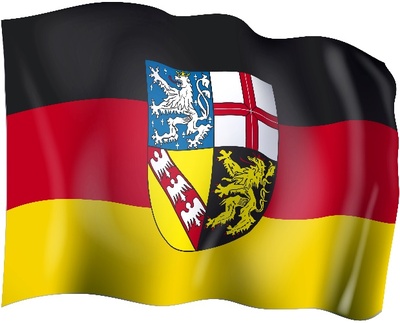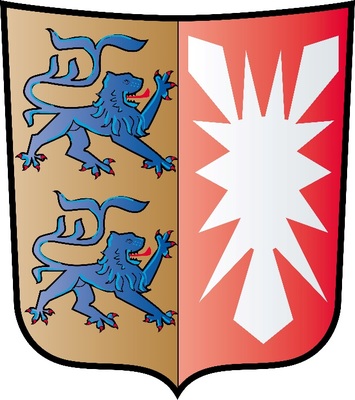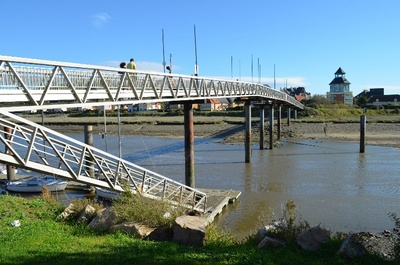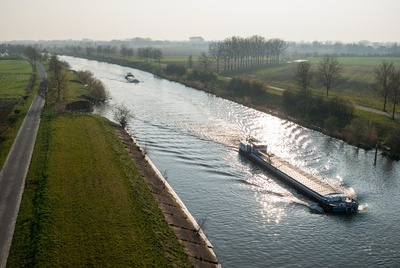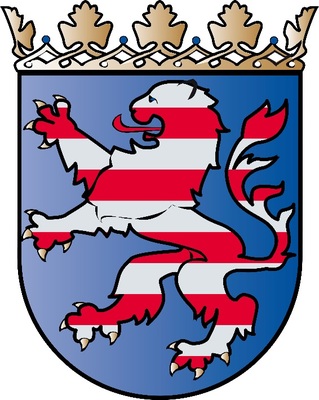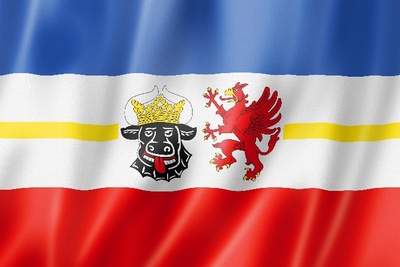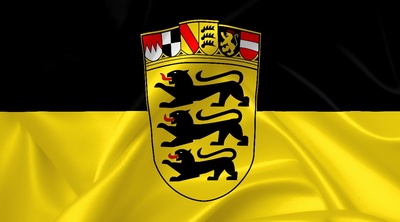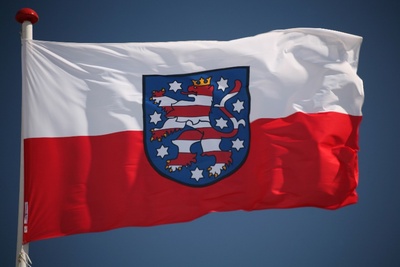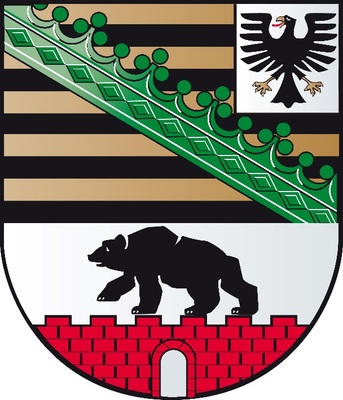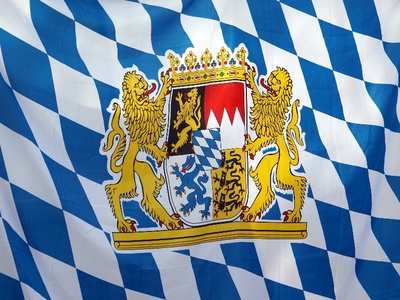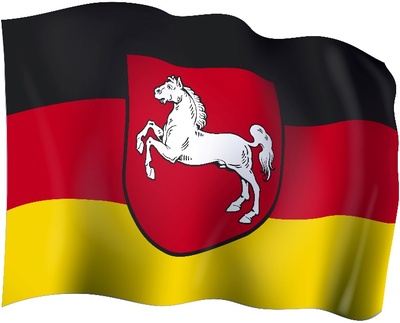
Leitrim, Ireland
- Add to favouritesLeitrim
- Download

With 35,087 inhabitants, Leitrim is the most sparsely populated county in Ireland. It’s also the most rural county in the country, with 9 out of 10 residents living in rural areas. It is a predominantly agrarian county, though recent years have seen the advent of multi-national companies bringing foreign direct investment, for example VistaMed in Carrick-on-Shannon.
Examples of projects and initiatives supported by the EU
Leitrim Development Company
Leitrim Development Companyis responsible for the delivery implementation and finances of the LEADER programme through the European Agricultural and Rural Development Fund. Almost €6 million was allocated to Leitrim for rural development via this programme in the period 2014-2020.
EU PEACE IV Programme
Leitrim County Council received approximately €1.7 million through the EU PEACE IV Programme for the period 2017-2020, which supported locally-based projects and initiatives which work to improve community relations.
SECURE interregional project
Leitrim County Council are partners in the SECURE interregional project which was co-funded through the EU’s Northern Periphery and Arctic (NPA) programme with a budget of €1.8 million. Its objective is to improve energy efficiency and use of renewable sources in public housing and buildings through transnational cooperation and transfer of knowledge.
European Parliament Ambassador School Programme
The European Parliament Ambassador School Programme forms a network of second-level schools across the EU raising awareness of parliamentary democracy and citizenship values. Carrigallen Vocational School, Mohill Community College,Drumshanbo Vocational School and Lough Allen College are the Co Leitrim schools in this initiative.
- Further information
EU PEACE IV | https://www.seupb.eu/piv-overview
European Regional Development Fund | http://ec.europa.eu/regional_policy/en/funding/erdf/
European Parliament Liaison Office in Ireland | http://www.europarl.europa.eu/ireland
EPRS | European Parliamentary Research Service | www.epthinktank.eu

















































